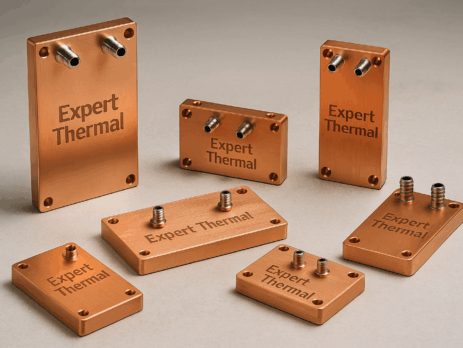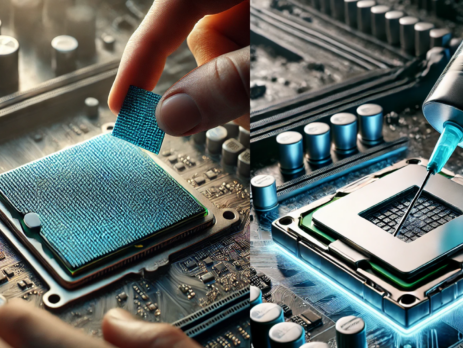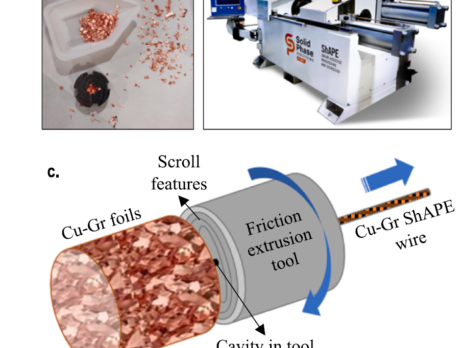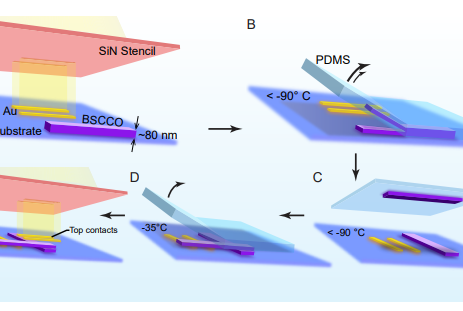Design for Manufacturing (DFM) of Thermal Assemblies:
Design for Manufacturing (DFM) is an approach that focuses on designing products in a way that facilitates their efficient and cost-effective manufacturing. When applied to thermal top-level assembly (TLA) processes, DFM aims to optimize the design to enhance thermal performance, manufacturability, and quality. Here are key aspects of DFM for thermal TLA:
- Thermal Management Considerations: DFM for thermal TLA involves carefully considering the thermal management requirements of the product during the design phase. This includes determining the heat generation and dissipation requirements, identifying critical components or areas prone to overheating, and ensuring adequate heat transfer paths.
- Component Placement and Layout: Optimizing the placement and layout of components is essential for efficient thermal management. Designers need to consider factors such as airflow, proximity to heat sources or sinks, and the use of heat-spreading materials or heat pipes to distribute and dissipate heat effectively.
- Material Selection: Choosing appropriate materials with good thermal conductivity and thermal resistance properties is crucial for efficient thermal management. Designers need to consider the use of thermally conductive materials, heat sinks, or thermal interface materials (TIMs) to enhance heat dissipation and minimize thermal resistance.
- Enclosure and Ventilation Design: The design of the product’s enclosure plays a vital role in thermal performance. DFM for thermal TLA involves optimizing enclosure design to facilitate adequate ventilation, heat dissipation, and the prevention of thermal hotspots. This may involve incorporating ventilation channels, fans, or heat sinks into the design.
- Design for Airflow: Proper airflow management is crucial for effective thermal management. DFM considerations may involve designing airflow paths, optimizing the placement and design of vents or openings, and minimizing obstructions to airflow within the product.
- Heat Dissipation Mechanisms: DFM for thermal TLA involves incorporating heat dissipation mechanisms into the design. This may include designing appropriate heat sinks, heat pipes, or other cooling solutions to efficiently transfer and dissipate heat generated by components.
- Design Validation and Simulation: To ensure the effectiveness of the thermal design, DFM may involve utilizing thermal simulation tools, such as Ansys Ice Pak or Fluent, to perform virtual simulations and analyses. This allows designers to evaluate thermal performance, identify potential issues, and make necessary design refinements before manufacturing.
- Collaboration and Iterative Design: Successful DFM for thermal TLA requires collaboration between design, thermal engineering, and manufacturing teams. It often involves an iterative design process where feedback from manufacturing experts and thermal analysis is incorporated into design revisions to optimize thermal performance and manufacturability.
By considering these DFM principles during the design phase of thermal TLA, manufacturers can enhance thermal performance, improve manufacturability, reduce costs, and ensure reliable and efficient thermal management in the final product.
Latest Post
Cold Plate Cooling Systems: Design, Optimization, and Application in High Density Electronics
Team Expert Thermal2025-07-21T17:35:47+00:00...
Thermal Interface Materials (TIMs): The Backbone of Efficient Thermal Management
Team Expert Thermal2025-03-13T06:41:30+00:00...
Liquid Cooling for Data Centers: The Key to Unleashing AI and High-Density Computing
Team Expert Thermal2024-12-13T15:28:17+00:00...
The Importance of Thermal Design and Analysis in Product Development: A Key to Success
Team Expert Thermal2024-10-04T03:56:53+00:00...
Innovative Cooling Strategies for AI and HPC: Ensuring Efficiency and Sustainability
Team Expert Thermal2024-09-04T10:53:23+00:00...
The Rise of AI and the Need for Efficient Thermal Management
Team Expert Thermal2024-08-22T13:38:54+00:00...
ShAPE-ing the Future: A New Technique for High-Performance Copper Composites
Team Expert Thermal2024-01-15T11:11:21+00:00...
Contact us
- Address: 7091 Kindra Hill Dr., San Jose, CA 95120
- Phone: +1 (408) 641-1398
- Email:sales@expertthermal.com








